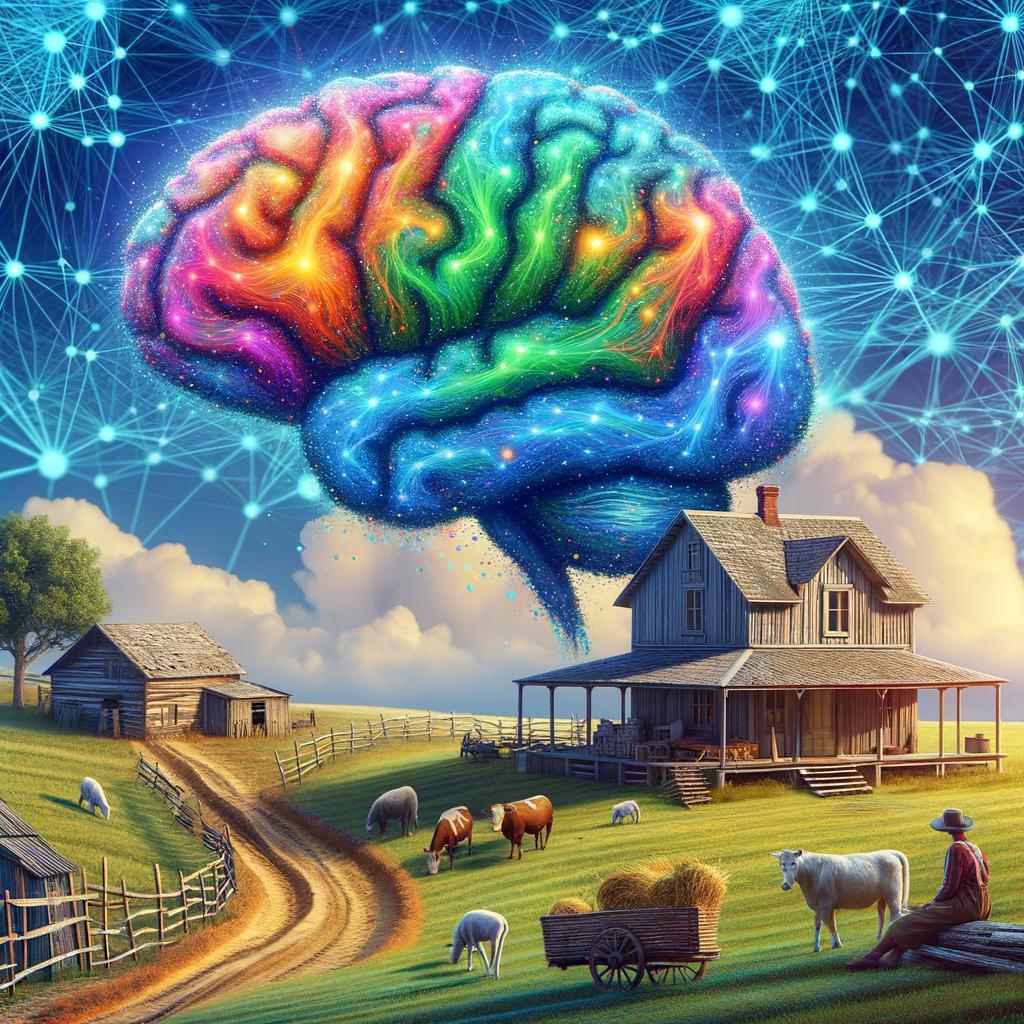Introduction: The AI Revolution: Balancing Innovation with Conservative Values
As we stand on the precipice of what many are calling the Fourth Industrial Revolution, the rise of artificial intelligence (AI) promises unprecedented advancements in efficiency, creativity, and problem-solving across various sectors. Yet, as we eagerly embrace the potential of these cutting-edge technologies, it is imperative to pause and thoughtfully consider how they align with the foundational principles that have guided society for centuries—principles rooted in integrity, responsibility, and respect for human dignity. The AI revolution has ignited passionate debates around innovation versus tradition, creating a critical discourse that must not be overlooked. This article explores the necessity of balancing the transformative potential of AI with conservative values, advocating for a future where technological progress does not come at the expense of ethical considerations and societal stability. By fostering a dialogue that integrates innovation with time-honored values, we can navigate the complexities of this new era, ensuring that AI serves humanity and enhances our collective well-being rather than undermining it.
The rapidly evolving landscape of artificial intelligence presents both exciting opportunities and daunting challenges for those committed to preserving our traditional values. As we embrace these advancements, it becomes crucial to navigate this terrain with a clear ethical compass. Ethical AI development should prioritize transparency, accountability, and the protection of individual rights. Implementing rigorous guidelines can ensure that AI technologies serve the common good without compromising our foundational principles. It is essential to strike a balance where innovation does not undermine the moral fabric of our society, safeguarding against potential abuses that may arise from unchecked technological growth.
To effectively harmonize innovation with our core values, we must focus on integrating ethical frameworks into AI development processes. This can be achieved through:
- Collaborative Engagement: Involving stakeholders—including ethicists, technologists, and community representatives—in the decision-making process.
- Established Guidelines: Developing comprehensive policies that govern the responsible use of AI.
- Public Awareness: Educating the populace on the implications of AI technology, promoting informed discourse on its ethical use.
By actively pursuing these strategies, we can ensure that the benefits of AI align with our collective moral values, fostering an environment where innovation flourishes without compromising the principles we hold dear.
Wrapping Up
the AI revolution presents a formidable opportunity for progress, yet it also calls for a measured approach that harmonizes innovation with conservative values. As we embrace the transformative potential of artificial intelligence, we must remain vigilant stewards of our ethical principles, heritage, and societal stability. Striking this balance not only ensures that technology serves humanity positively but also fosters an environment where innovation aligns with our collective values.
The path forward involves engaging in thoughtful dialogue, crafting informed policies, and promoting educational initiatives that equip individuals to thrive in an AI-driven world. By prioritizing these elements, we can harness the power of artificial intelligence while safeguarding the core ideals that define us. As stakeholders—whether in government, business, or individual communities—we have a shared responsibility to guide this revolution in a direction that honors our past while ambitiously pursuing our future.
Let us seize this moment not just as an era of unprecedented technological advancement but as an invitation to reflect on who we are and what kind of society we aspire to create. Together, we can ensure that the gifts of AI enhance our humanity rather than compromise it, paving the way for a future that is both innovative and rooted in the values that matter most.

Leave a Reply